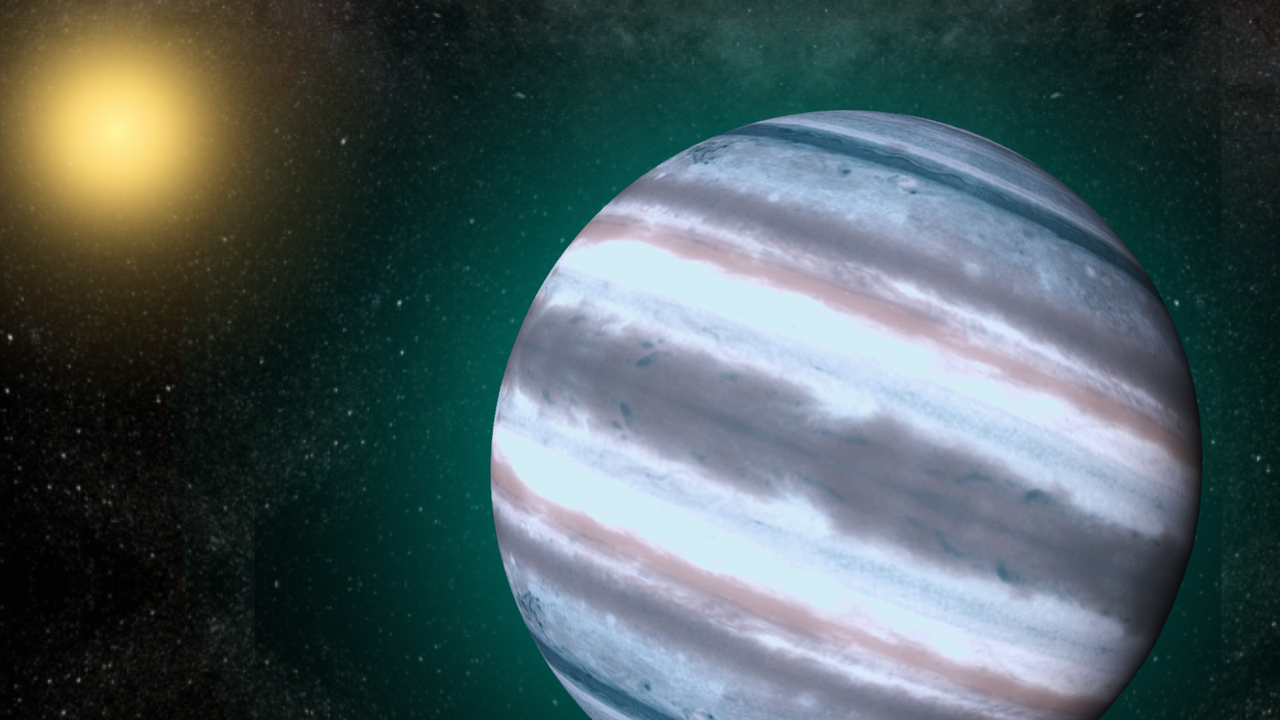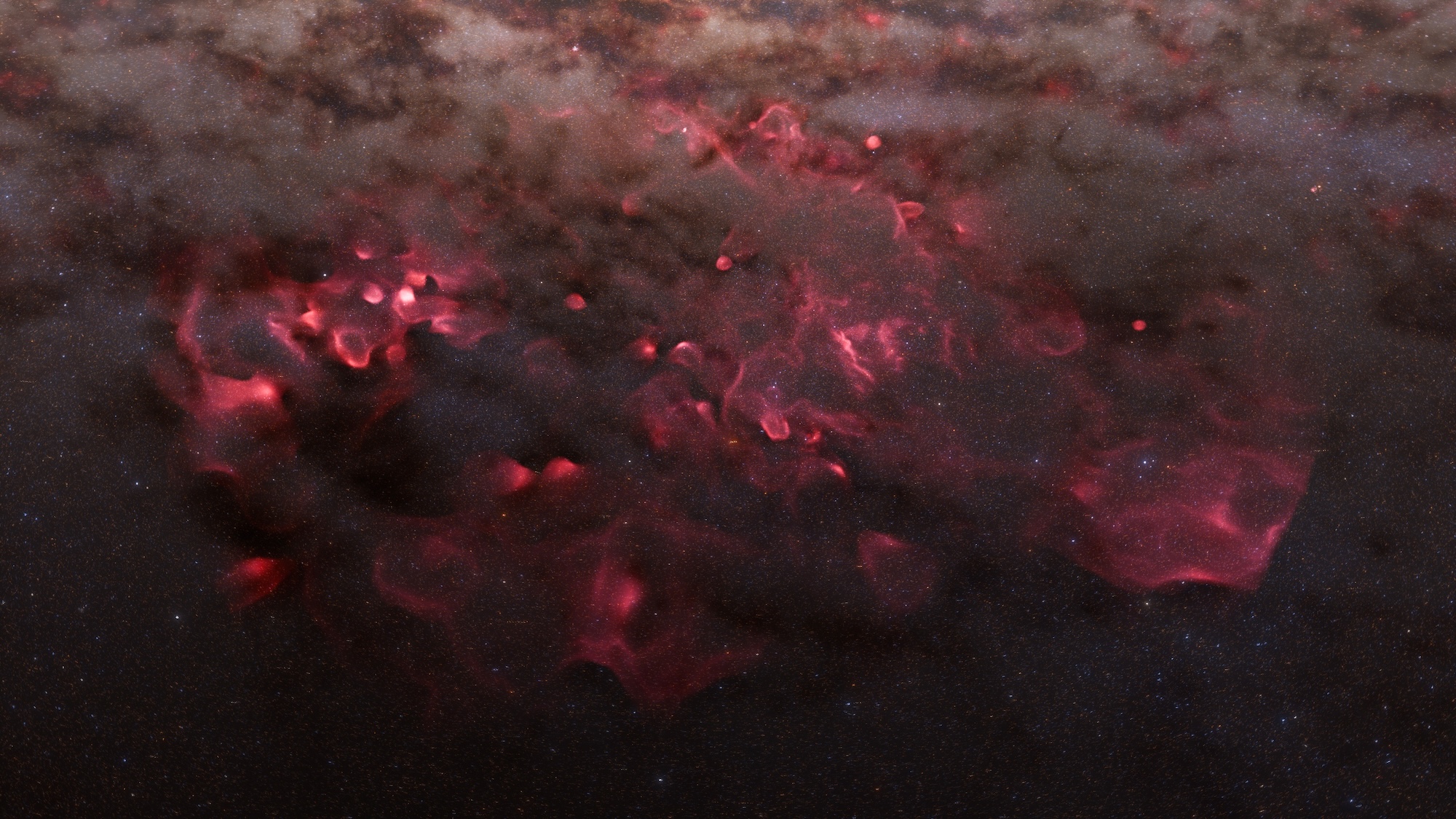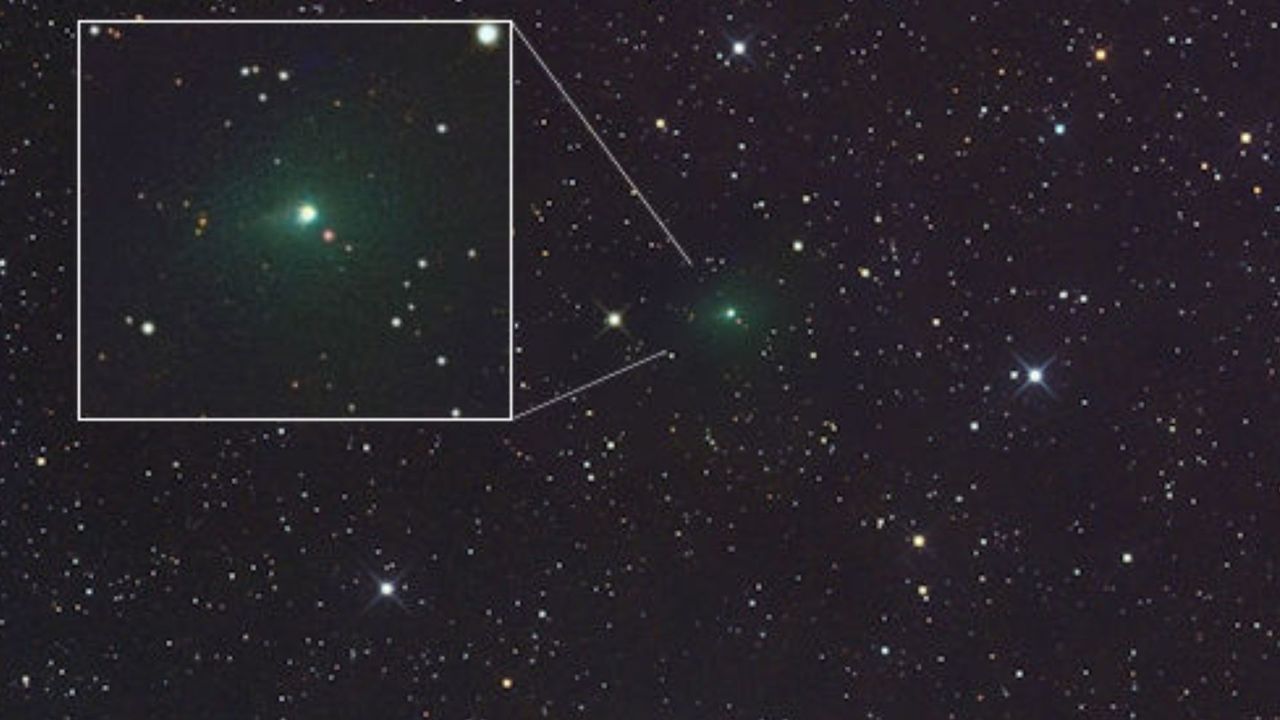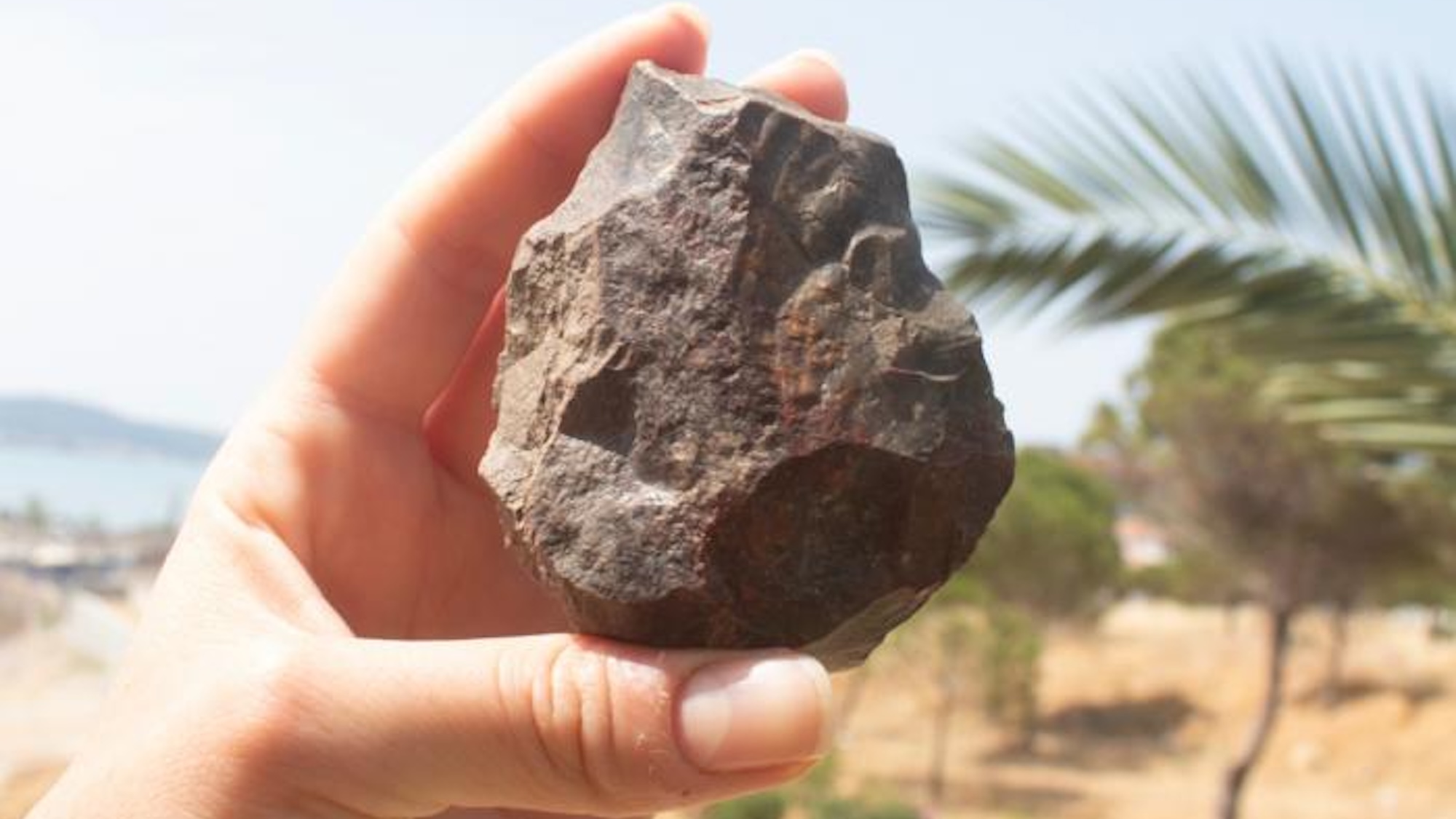Where are all the 'hot Neptune' exoplanets? Orbital chaos may have booted them out
NeutralScience

A recent discovery has shed light on the mysterious absence of 'hot Neptune' exoplanets in certain regions of space, known as the hot-Neptunian desert. Researchers have found evidence of orbital chaos in a nearby planetary system, suggesting that these planets may have been ejected from their orbits. This finding is significant as it helps astronomers understand the dynamics of planetary systems and the factors that influence planet formation and stability.
— Curated by the World Pulse Now AI Editorial System








